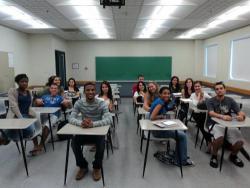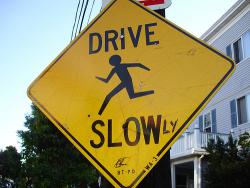
Looking through the tags on Blogging Pedagogy earlier this semester, Rhiannon Goad’s lone post tagged “trans*” jumped out at me. In my experience, graduate students talk a lot amongst ourselves about uncomfortable, uncertain, or potentially hurtful situations we encounter in our classrooms, but we don’t often write about them or discuss them with our faculty mentors.



